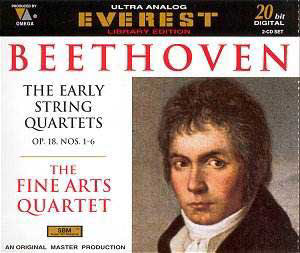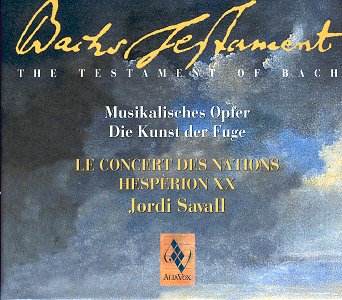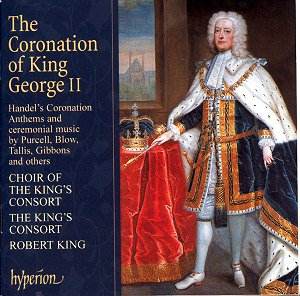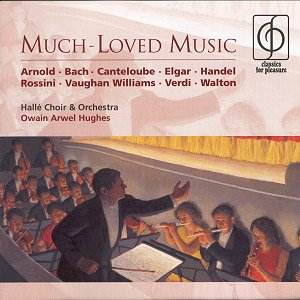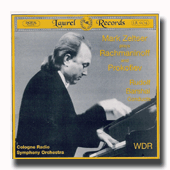 Composer: Sergei Rachmaninov
Composer: Sergei Rachmaninov
Works: Rhapsody on a Theme of Paganini; Sergei Prokofiev: Piano Concerto No. 3 in C minor
Performers: Mark Zeltser (piano), Cologne Radio Symphony Orchestra/Rudolf Barshai
Recording: Recorded in the Philharmonie, Cologne, 1999 (or possibly earlier)
Label: Laurel Records LR-904
Rachmaninov’s “Rhapsody on a Theme of Paganini” stands as a quintessential gem within the concert repertoire, a work that deftly intertwines virtuosic piano passages with lush orchestral textures. Composed in 1934, this piece not only showcases the composer’s flair for melody and harmony but also embodies the spirit of the Romantic tradition through its emotional depth and technical demands. Similarly, Prokofiev’s Piano Concerto No. 3, composed in 1921, is a hallmark of 20th-century piano concertos, characterized by its exuberance and complexity. The pairing of these two works in this recording by Mark Zeltser and the Cologne Radio Symphony Orchestra under Rudolf Barshai propels the listener into a dialogue between two distinct yet complementary musical worlds.
Zeltser’s interpretation of Rachmaninov’s Rhapsody is marked by a notably deliberate approach to tempo, resulting in a performance that stretches over 25 minutes—nearly four minutes longer than the standard interpretation. This choice allows for a meticulous unveiling of the myriad orchestral details embedded within the score, illuminating Rachmaninov’s rich textural palette. For instance, the slower variations, while at times bordering on languid, reveal a poignant sensitivity that resonates with the work’s lyrical qualities. However, this same deliberation can hinder the momentum in faster variations, where a more buoyant treatment might have injected a sense of urgency. The eighteenth variation emerges as a standout, executed with a blend of tenderness and clarity that exemplifies Zeltser’s interpretative strengths. The concluding section, a dash toward the finish, is executed with commendable vigor, encapsulating the piece’s spirited essence.
Prokofiev’s third concerto benefits from a similar interpretive style, with Zeltser embracing a slightly slower tempo that extends the performance to 30 minutes. This choice, while less striking than in the Rachmaninov, nonetheless allows for an exploration of the second movement’s “misterioso” character, where Zeltser’s nuanced phrasing brings a haunting quality to the fore. The finale, imbued with a robust energy, showcases not only Zeltser’s technical prowess but also his ability to navigate the intricate interplay of themes with finesse. The coda, a whirlwind of activity, is delivered with a thrilling bravado that leaves a lasting impression.
The recording quality of this disc deserves particular mention. The balance between piano and orchestra is expertly managed, resulting in a sonic landscape that feels spacious yet intimate. The crisp articulation of Zeltser’s playing is a highlight; every note, every flourish is rendered with clarity, allowing the listener to fully appreciate the intricate interplay of melody and harmony. Barshai’s orchestral accompaniment is equally commendable, maintaining an engaging dialogue with the soloist while providing the necessary support to enhance the overall texture.
Comparisons with other notable recordings reveal that while Zeltser’s approach is distinctive, it may not resonate universally. Some listeners might favor a more dynamic interpretation that prioritizes forward momentum, particularly in the Rhapsody’s faster variations. However, Zeltser’s commitment to a deliberate, reflective reading offers a fresh perspective that emphasizes the music’s emotional depth rather than merely its technical demands.
This recording stands as a compelling interpretation of two iconic works, with Zeltser’s clean, articulate piano playing serving as its greatest asset. The thoughtful pacing allows for a deeper exploration of the orchestral intricacies that are often overshadowed in faster renditions. As such, this disc merits attention from both connoisseurs and casual listeners alike, inviting them to experience Rachmaninov and Prokofiev through a lens of careful consideration and artistry.
